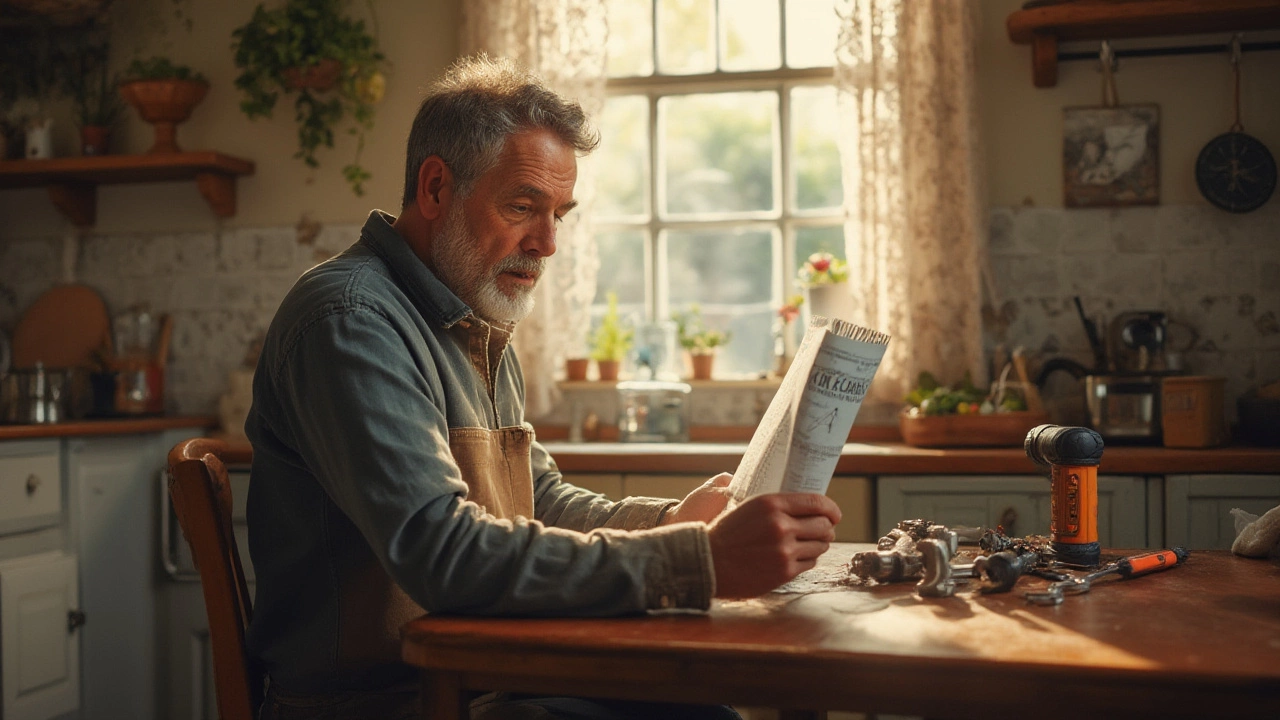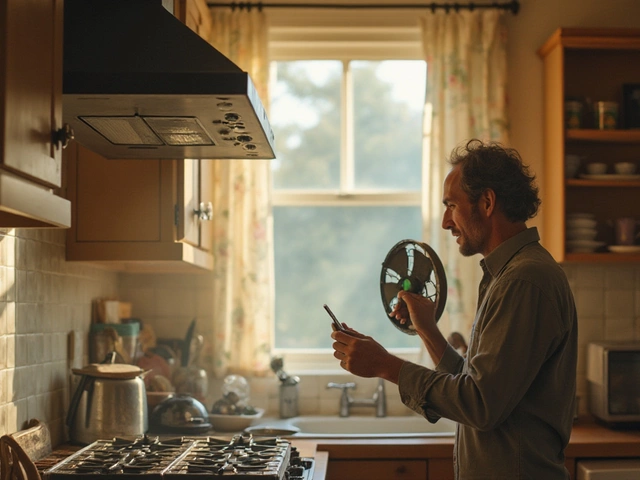When the house gets cold, the first thing you want is a working heater. Whether you have a boiler, a heat pump or old radiators, most problems can be spotted and often fixed without a huge bill. Below are the most common issues you’ll run into and the steps you can take right now.
Boiler not firing? The most frequent cause is a loss of pressure. Check the pressure gauge – it should sit around 1.0 to 1.5 bar when the system is cold. If it’s low, open the filling loop until the gauge reaches the right level, then bleed any trapped air from the radiators.
Heat pump blowing cold air? First, see if the outdoor unit is covered in debris. Leaves or dust can block airflow and make the pump work harder. Clear the area, then reset the unit by turning it off for a minute and powering it back on. If the problem persists, the thermostat may be set to cooling mode by mistake.
Radiators that feel warm at the bottom but cold at the top? That’s usually trapped air. Use a radiator key to open the bleed valve just enough to hear a hiss, then close it once water starts to flow. This releases the air and lets hot water circulate evenly.
Odd noises like banging or whistling? Banging often means water is flowing too fast, so try loosening the pump speed a bit. Whistling can signal a blocked pipe or a valve that’s partially closed – check the pipe for kinks and make sure all valves are fully open.
Most simple fixes – bleeding radiators, topping up boiler pressure and cleaning the heat pump’s outdoor coil – can be done in under 30 minutes with basic tools. Keep a small kit handy: a radiator key, a screwdriver, a wrench, and a hose for flushing.
If you notice water leaking from the boiler, that’s a sign of a bigger issue. A small leak around the pressure relief valve can sometimes be tightened, but if the leak is from the pipework or the heat exchanger, you need a qualified engineer. Continuing to run a leaking boiler can cause water damage or even a safety hazard.
For heat pumps, if the unit won’t turn on at all after resetting, the electrical connection may be faulty. Turn off the power at the breaker, check the fuse, and look for any burnt wires. If you’re not comfortable with electricity, it’s safest to call a certified technician.
When your heating system is older than 15 years, it might be reaching the end of its life. Even if you can patch a leak or replace a valve, the overall efficiency will be low and your energy bills will stay high. In that case, ask a pro for a cost‑benefit analysis of repair versus replacement.
Bottom line: start with the easy checks – pressure, air, debris – and you’ll solve many heating hiccups yourself. Keep a record of what you do, and don’t hesitate to call a professional when the problem involves gas, electricity or major leaks. A well‑maintained heater keeps your home cozy and saves you money in the long run.

Curious if you can fix your boiler yourself? This detailed guide covers common boiler problems, easy repairs you can tackle, and when to leave it to the pros.

Fridge warm but the light works? Find out why your refrigerator isn’t cooling, common causes, fixes, and when to call in an expert. Easy troubleshooting tips inside.

Boilers, integral to any home heating system, don't last forever. Understanding their lifespan can help you plan timely maintenance and replacements to ensure efficient heating. In this article, we explore how long you can expect your boiler to serve you, what affects its longevity, and how regular care can make a difference. By understanding these aspects, homeowners can make informed decisions regarding their heating needs and avoid unexpected failures.

Learn the warning signs of a failing water heater and get practical tips for repair and maintenance to prevent costly breakdowns and keep your hot water system running safely.

Explore the practical steps in diagnosing and fixing common issues with kitchen extractor fans. Learn about the signs your fan might need repair, and gather essential maintenance tips to extend its life. Whether you're a DIY enthusiast or considering professional help, this guide provides valuable insights for restoring your kitchen ventilation system to optimal performance. Discover how regular upkeep can prevent costly replacements.

Thinking about fixing your 7 year old refrigerator? This article breaks down the real costs, reliability, and what you should watch for before you pay for repairs. You’ll find clear tips on when it’s smarter to repair or replace, how much you’ll likely spend, and some key things most people forget to check. Get the real scoop from an expert so you don’t waste time or money.